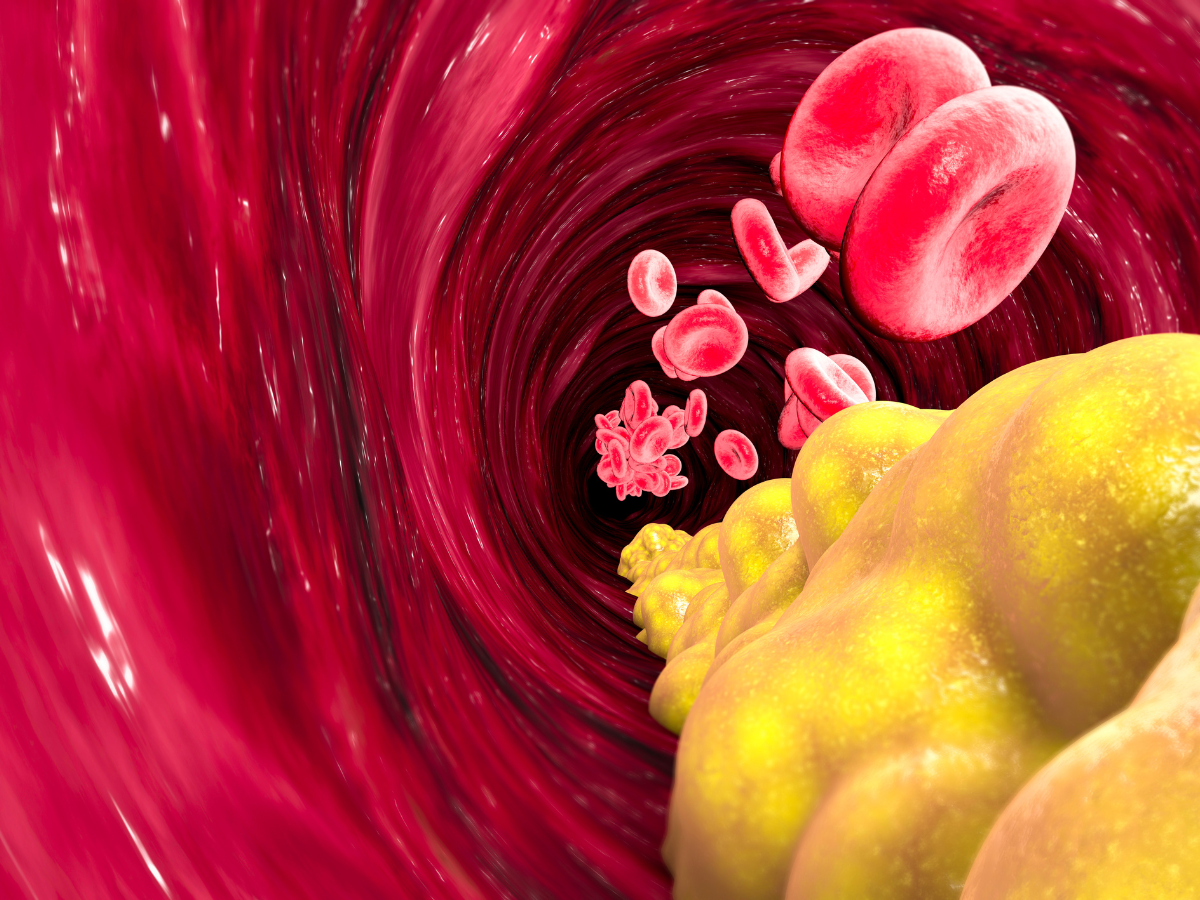Cholesterol, a waxy substance found in your blood, is essential for the formation of cell membranes, certain hormones, and vitamin D. However, too much cholesterol can pose a significant risk to your heart health, leading to the buildup of plaque in your arteries and increasing your risk for heart disease and stroke. Understanding your blood cholesterol numbers is crucial in assessing your risk and taking steps to manage your heart health. This blog provides a comprehensive overview of what these numbers mean and how they impact your overall health.
Regular cholesterol screening is an essential part of maintaining heart health. These tests, often part of a lipid panel, measure various types of cholesterol and triglycerides in your blood. Knowing and understanding these numbers can help you make informed decisions about your diet, lifestyle, and, if necessary, medication to manage your cholesterol levels.
The Lipid Panel
A lipid panel measures several types of cholesterol and triglycerides. Here’s what’s included:
Total Cholesterol
This is the sum of all the cholesterol in your blood. It includes low-density lipoprotein (LDL) cholesterol, high-density lipoprotein (HDL) cholesterol, and very low-density lipoproteins (VLDL), which is a precursor to LDL cholesterol.
LDL Cholesterol (Bad Cholesterol)
LDL cholesterol is often referred to as “bad” cholesterol because high levels can lead to plaque buildup in your arteries and result in heart disease or stroke.
HDL Cholesterol (Good Cholesterol)
HDL cholesterol is known as “good” cholesterol because it helps remove other forms of cholesterol from your bloodstream. Higher levels of HDL cholesterol are associated with a lower risk of heart disease.
Triglycerides
Triglycerides are a type of fat found in your blood. High levels can also increase the risk of heart disease, especially in women.
Understanding Your Numbers
Knowing what numbers to aim for can help you understand where you stand in terms of heart health.
Total Cholesterol Levels
- Desirable: Below 200 mg/dL
- Borderline high: 200-239 mg/dL
- High: 240 mg/dL and above
LDL Cholesterol Levels
- Optimal: Below 100 mg/dL
- Near optimal/above optimal: 100-129 mg/dL
- Borderline high: 130-159 mg/dL
- High: 160-189 mg/dL
- Very high: 190 mg/dL and above
HDL Cholesterol Levels
- Poor: Below 40 mg/dL for men and below 50 mg/dL for women
- Better: 50-59 mg/dL
- Best: 60 mg/dL and above
Triglycerides Levels
- Normal: Below 150 mg/dL
- Borderline high: 150-199 mg/dL
- High: 200-499 mg/dL
- Very high: 500 mg/dL and above
Risk Factors for High Cholesterol
Several factors can increase your risk of high cholesterol, including:
- Diet rich in saturated fats and trans fats
- Lack of physical activity
- Smoking
- Excess weight
- Genetic factors
- Age and gender
Managing Your Cholesterol Levels
If your cholesterol levels are not within the desired range, there are several steps you can take:
Lifestyle Changes
- Adopt a heart-healthy diet low in saturated and trans fats.
- Increase physical activity.
- Quit smoking.
- Maintain a healthy weight.
Medication
For some individuals, lifestyle changes alone may not be enough to bring down cholesterol levels. In these cases, medications such as statins may be prescribed by a healthcare provider.
Understanding your blood cholesterol numbers is a vital step in managing your heart health. Regular screening, knowing your numbers, and taking action through lifestyle changes or medication can significantly reduce your risk of heart disease and stroke. Always consult with a healthcare professional to interpret your results and recommend a treatment plan that’s right for you.

